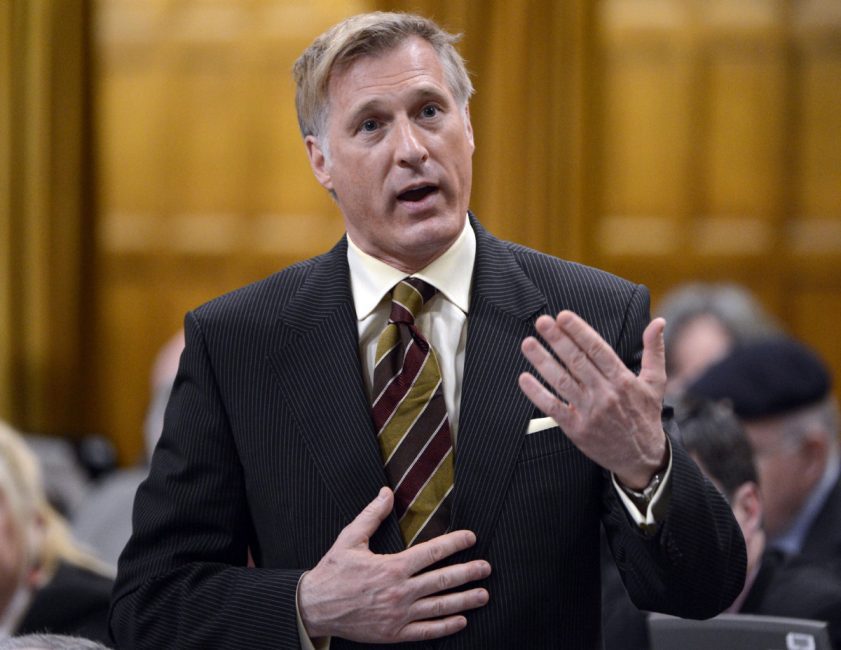You know, I keep hearing Trump is a moron, and there's plenty of evidence to support that contention, but when it comes to pushing people's buttons, the man is an absolute genius.
First of all, he understands Canada far better than any American I've seen. He knows our weaknesses, including our need to be noticed and validated on the world stage, and how our reach when it comes to fighting bullies and righting wrongs far exceeds our grasp.
And he has our image-conscious Prime Minister pegged, too. The President's earlier statements to the effect that Trudeau was doing "a wonderful job" was exactly the sort of thing Trudeau wanted to hear, as it played into the image he was cultivating as the "Trump whisperer." It now seems like Trump was only willing to be gentle with Justin until the Canadian leader stepped out of line. The speed with which he did it suggests that Trump was waiting for the perfect moment to yank the rug out from under the unsuspecting PM.
Now the PM and Foreign Affairs Minister Chrystia Freeland stand agog, utterly missing the method in this madness. Had they actually paid attention to what Trump's advisors are saying instead of focusing entirely on the distracting bluster, they would have realized that this tariff gambit is a game of poker.
Economic counsellor Larry Kudlow, who threatened the Prime Minister, is actually a fan of free trade. But he also knows the President likes tariffs. So, he came up with a compromise: Have Trump threaten us meek and mild Canadians with tariffs so that we'll relent on our own nonsensical policy of supply management for dairy. The stress of this contradiction may have contributed to Kudlow's unfortunate heart attack, but the chaotic strategy put Trump in his element.
Trump also knows that Trudeau only has one card in his hand slapping tariffs of his own on Canadian exports. But he knows that even that is a risky bet for Trudeau, and he's banking on the Prime Minister putting discretion before valour and passing up the chance to be hated by the Americans who will be hurt by the Canadian retaliatory action.
This is a Prime Minister who thinks he is still in the boxing ring, and that the aim of the game is to conserve your energy and land a knockout punch when your opponent drops his guard. That's what I believe he was trying to do by presenting Trump with a picture of the hotel/brothel his grandfather established in the Yukon, and by trying to get Trump to attend a seminar on gender and women's empowerment. Calculated strikes and head fakes, with the intent of putting Trump on his back foot. That's the Canadian way.
Unfortunately the delicate Canadian style won't work on a madman who plays as though he has nothing to lose. Trump views the trade deficit as something to be overcome. It's deeply personal for him, and as we've seen he's willing to sacrifice political capital for. He's willing to go all in, betting aggressively and seizing on Trudeau's runaway eyebrow (a trick of the light, but a revealing tell nonetheless) as a sign of weakness.
And Trudeau, who has never sat around a boardroom table, and has largely avoided butting heads with the provinces, has never shown that he can hold his own against a truly dominant opponent who doesn't play by the rules. The PM's moves may set Maxime Bernier and Andrew Scheer at each other's throats again, and cause Doug Ford and Jason Kenney to put country over…..principle?….and stand shoulder to shoulder with the federal government on guard for Canada, but they are not going to strike fear in Trump's heart and make him back down.
Trudeau may have gotten his shining moment of standing up for Canada, but after a few heated hands of an actual trade war with the US he may wish he'd come to the G7 with a few more Trump cards up his sleeve.
Written by Josh Lieblein








